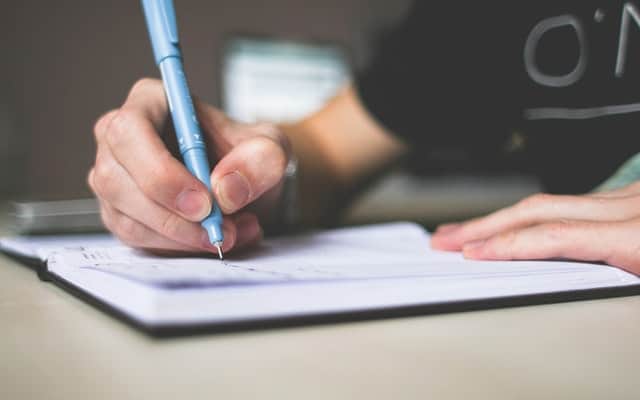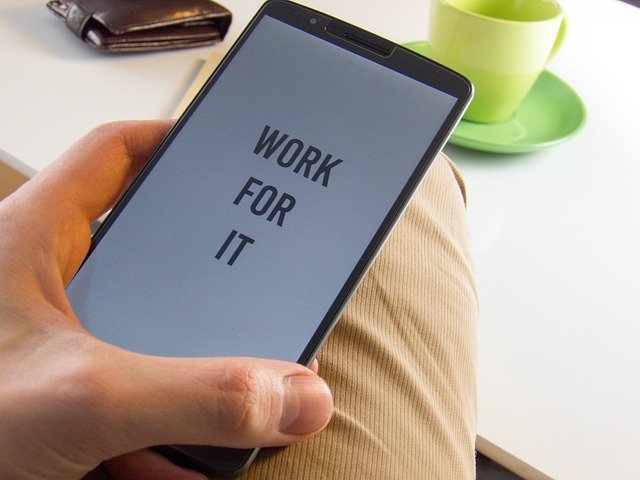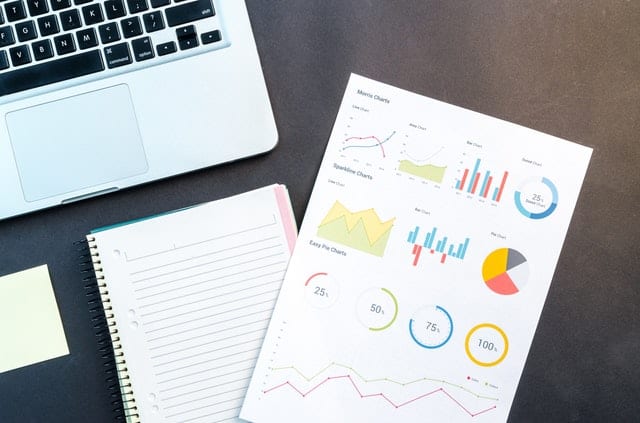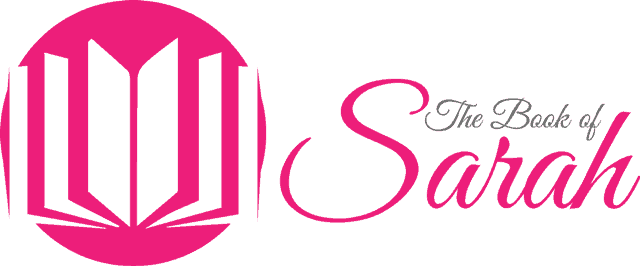How to achieve a state of flow in your work
Writing, or any other creative work does not come that easily to many of us. Some days we can create all day and for several days nonstop. On other days, we are completely dry of creative juices.
By now, I know that the more I create, the better I become at it and the more chances of success with my creativity increases. So, I seek out ways through which I can become more creative. One way you can master your art and achieve tremendous productivity is by achieving a state of flow.
 Mihaly Csikszentmihalyi introduced the concept of flow in 1970 followed by the book Flow: The psychology of optimal experience in 1990.
Mihaly Csikszentmihalyi introduced the concept of flow in 1970 followed by the book Flow: The psychology of optimal experience in 1990.
To explain the term flow, the psychologist interviewed people who appeared to be getting a lot out of life. He was interested in people successful at work or seemed to completely enjoy their leisure activities.
He didn’t just focus on creatives such as artists and musicians, but people in all other professions that were great at what they do and derived satisfaction in their work such as surgeons and business people.

In his findings, Csikszentmihalyi showed that these people described a sensation that was common in most of them. They reported that at some point, they achieved a state of mind in which they almost forgot themselves and things just came to them automatically.
If it was a musician playing a tune, at some point, he wasn’t deliberately trying to get the tune right. Instead, it just flowed as if they were not in control. He termed this as the state of flow.
What is a state of flow?
In psychology, a state of flow is when we engage in an activity that we enjoy and yet it challenges our skill. We become so absorbed in it so much. We are totally focused, feel a sense of serenity, timelessness and develop an inner feeling of clarity. When we are experiencing flow, we are not conscious of ourselves or what is happening around us. It is like being in a state of ecstasy.
Flow is a complete concentration that leads to a feeling of spontaneity. It is performing at high levels of challenge and yet feeling effortless such that you are not thinking about what you are doing, you are just doing it.
Characteristics of the state of flow
Focus
When we are at flow, we are so focused at what we are doing and all our senses, energy and effort seem to be geared towards what we are doing
Serenity
At the state of flow, we are calm, peaceful and our brain is cool. We simply are not thinking or troubled. All that exists is what we are doing. When we are at flow, we get a sense of self-forgetfulness.
Timelessness
We lose the essence of time and in a state of flow, you may realize an hour or two have passed by without you being aware of it.
Clarity
What we are doing at that time becomes so clear that we are not struggling for ideas. If you are writing, and you get into a state of flow, ideas just seem to flow and you somehow just know what to write.
Flow is the delicate balance between anxiety and boredom
When our skills are not up to the challenge of performing the task, or the task is too difficult, we experience anxiety. When the task is too easy, or our skills are too advanced for the task, we experience boredom. Flow is achieved when the task is just challenging enough, and our skills are just sufficient.
How to get into a state of flow/ how to enter the state of flow
1. Challenging yourself

Flow is achieved when the challenge we are undertaking matches our skill. The task must be doable, but also be tough enough that it demands our concentration.
2. Regulate your anxieties and worries
 When you achieve the self-regulation as an element of emotional intelligence, you are capable of achieving flow. Daniel Goleman, in Emotional Intelligence, shows that harness our emotions, contain them and channel them towards a task, we can achieve flow.
When you achieve the self-regulation as an element of emotional intelligence, you are capable of achieving flow. Daniel Goleman, in Emotional Intelligence, shows that harness our emotions, contain them and channel them towards a task, we can achieve flow.
Flow takes place when we don’t give in to our anxieties and worries. Being utterly absorbed in what we are doing, and giving it undivided attention, merges our awareness with our actions.
3. Step out of your comfort zone
 Challenge yourself to create different and more challenging material. Imagine you are always writing about the same content, such that you have become so good at it that you can write without researching.
Challenge yourself to create different and more challenging material. Imagine you are always writing about the same content, such that you have become so good at it that you can write without researching.
Or you write about the same content day in day out. Chances are you will easily get bored. You will dread the writing process since you feel you are just about to write the same boring thing you wrote yesterday.
However, when you challenge yourself to write something new, first, you are excited to learn about it. Then you are excited to share in writing what you have learned about this new content.
Since it has a tad higher challenge to require your concentration and focus, and you have the right skills to get started, now you can achieve a sense of flow.
The extra challenge gives you just a little anxiety that you require that comes with doing something new, and you can’t experience boredom since the material is new and exciting to you.
4. Foster full concentration
 To achieve flow, we must intentionally focus on what we are doing. The first step toward focus takes discipline. It takes getting started with the task even when you don’t feel like it.
To achieve flow, we must intentionally focus on what we are doing. The first step toward focus takes discipline. It takes getting started with the task even when you don’t feel like it.
Once the focus kicks in, it takes its own force, relieves you from emotional turbulence, the task starts getting effortless. Start on a task you are skilled at and yet that slightly challenges your abilities.
According to Csikszentmihalyi, we concentrate better when what we are doing, demands more than usual from us.
5. Get rid of distractions
 Flow is induced by intense concentration. We hardly can achieve concentration when we are distracted. You cannot get into a state of flow when the TV is blaring and flashing in front of you.
Flow is induced by intense concentration. We hardly can achieve concentration when we are distracted. You cannot get into a state of flow when the TV is blaring and flashing in front of you.
In the book Deep Work, Cal Newport emphasizes this proving that we cannot get any deep work done when we are distracted. You cannot achieve your best work, such as writing a book when you check your email every 30 minutes.
Distractions interrupt your concentration and train of thoughts and will definitely disrupt your focus and flow.
6. Harness your skills
 If you are struggling with a task because your skills are not up to par, you cannot achieve a state of flow. For example, if you have just started writing and you haven’t written a paper since college, then it may take you a while to achieve the state of flow. The better you are at your skill, the more chances of doing it effortlessly.
If you are struggling with a task because your skills are not up to par, you cannot achieve a state of flow. For example, if you have just started writing and you haven’t written a paper since college, then it may take you a while to achieve the state of flow. The better you are at your skill, the more chances of doing it effortlessly.
7. Practice more
 Practicing is what will make you better at what you do. The more you practice, the less brain effort it will require you to get a task done. Putting in practice is not always, easy. In fact, in Peak: How all of us can achieve extraordinary things, Anders Ericsson shows that practice is difficult and tasking. However, it is through practice that you become better at what you do.
Practicing is what will make you better at what you do. The more you practice, the less brain effort it will require you to get a task done. Putting in practice is not always, easy. In fact, in Peak: How all of us can achieve extraordinary things, Anders Ericsson shows that practice is difficult and tasking. However, it is through practice that you become better at what you do.
8. Enjoy what you do
 If you grumble every time you have to write because you don’t enjoy it, then you are less likely to achieve flow. Csikszentmihalyi studied students in a painting class. He noted that students that painted out of the sheer joy of painting become more successful painters.
If you grumble every time you have to write because you don’t enjoy it, then you are less likely to achieve flow. Csikszentmihalyi studied students in a painting class. He noted that students that painted out of the sheer joy of painting become more successful painters.
On the other hand, students who sat in front of the canvas and started thinking of how much they would sell the piece for or what critics could say about the painting were not likely to make a very good painting.
To achieve a state of flow in creativity and writing, you must want to write. You must enjoy writing. You must have an interest in what you are doing and stick to it long enough to hone your skills.
9. Develop grit
 According to Angela Duckworth, in Grit: The power of passion and perseverance, flow and grit go hand in hand. The grittier you are, the more you practice and the more you experience flow. Practicing is preparing and honing your skill, and flow is more of a performance.
According to Angela Duckworth, in Grit: The power of passion and perseverance, flow and grit go hand in hand. The grittier you are, the more you practice and the more you experience flow. Practicing is preparing and honing your skill, and flow is more of a performance.
You develop grit by persisting on learning something over a long time and practicing often and deliberately. Even when practicing is hard, persistence and repetition are what make you better at it.
10. Develop meaning and purpose
 In Peak, Anders Ericsson shows that expert performers derive great satisfaction from exercising their abilities. They feel great for their personal accomplishment when they push themselves to develop new skills in their fields that make them better at what they do.
In Peak, Anders Ericsson shows that expert performers derive great satisfaction from exercising their abilities. They feel great for their personal accomplishment when they push themselves to develop new skills in their fields that make them better at what they do.
To achieve flow in your creative work, it’s important that it’s something that you derive satisfaction from. When I have had a productive day where I wrote numerous words about something I was enjoying communicating about, such as this article, I feel so good about it and satisfied that I had an incredible day.
Don’t have time to read the recommended books, check out book summaries on Blinkist. You can read or listen to the important pointers on each book in as little as 15 minutes. Sign up on Blinkist and enjoy book summaries of the best books.






Comments